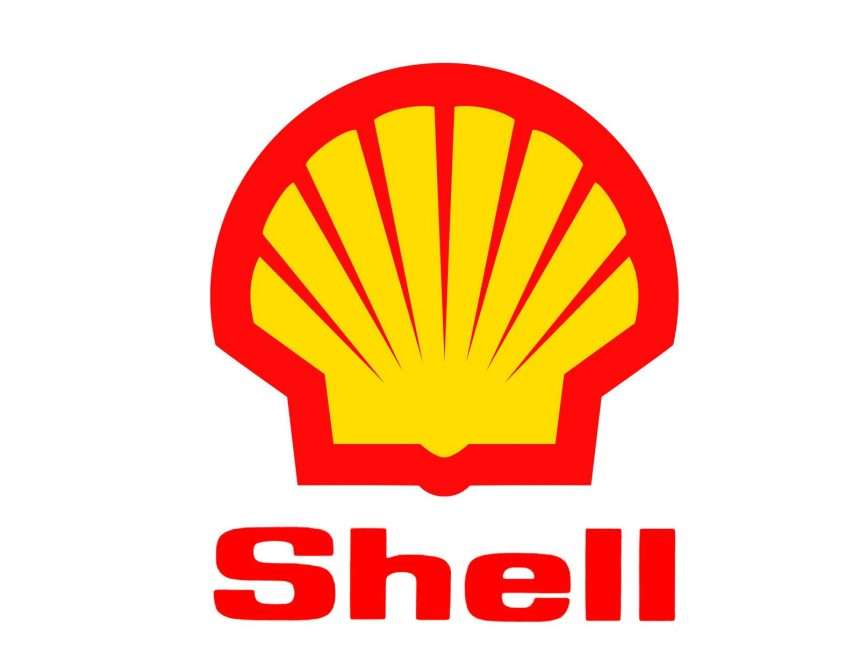For over five decades, the Niger Delta Region has suffered severe environmental degradation caused by oil exploration, contaminated rivers, scorched farmlands, and toxic air from persistent oil spills and gas flaring.
As Shell Petroleum moves to divest its onshore assets and exit the region, tension is rising among host communities who are accusing the oil giant of abandoning a legacy of ecological devastation without accountability.
Demands for justice, compensation, and environmental remediation have intensified, sparking legal battles and renewed calls for corporate responsibility.
For more than 70 years, Oil Companies in Nigeria including Shell Petroleum Development Company and its Affiliates have been accused of perpetuating environmental harm, polluting rivers, destroying livelihoods, and endangering public health through persistent oil spills, gas flaring, and the abandonment of toxic facilities scattered across the Niger Delta region.
Today, the planned divestment of onshore assets by the oil companies has ignited fresh outrage, with stakeholders alleging that the oil giant is attempting to walk away from its environmental and social responsibilities.
To seek redress, host communities, led by the Traditional ruler of Ekpetiama Kingdom, His Majesty Bubaraye Dakolo, has filed a legal suit against Shell and relevant government bodies, demanding accountability and full remediation of damages caused over decades of oil extraction.
This gathering of Civil Society Organizations, including the International Working Group on Petroleum and Just Transition in the Niger Delta (IWG), seek justice for oil and gas bearing communities that have endured over six decades of pollution, exploitation, and neglect.
With the existence of regulatory bodies overseeing oil operations in Nigeria, this unfolding controversy casts a spotlight on governance lapses, raising critical questions about legal compliance, transparency, and sustainability of natural resource management in the Niger Delta.
Editor : Ena Agbanoma








